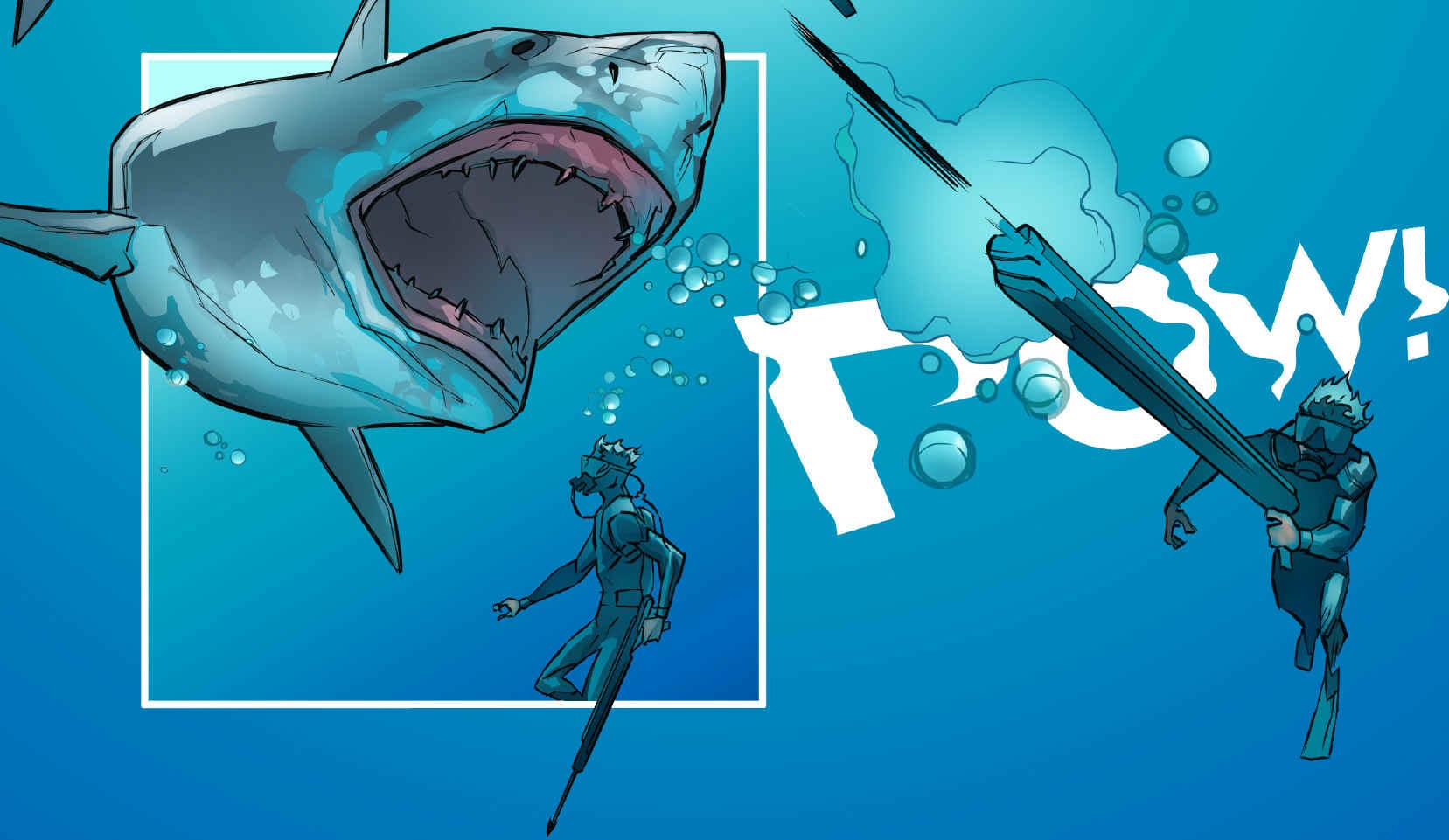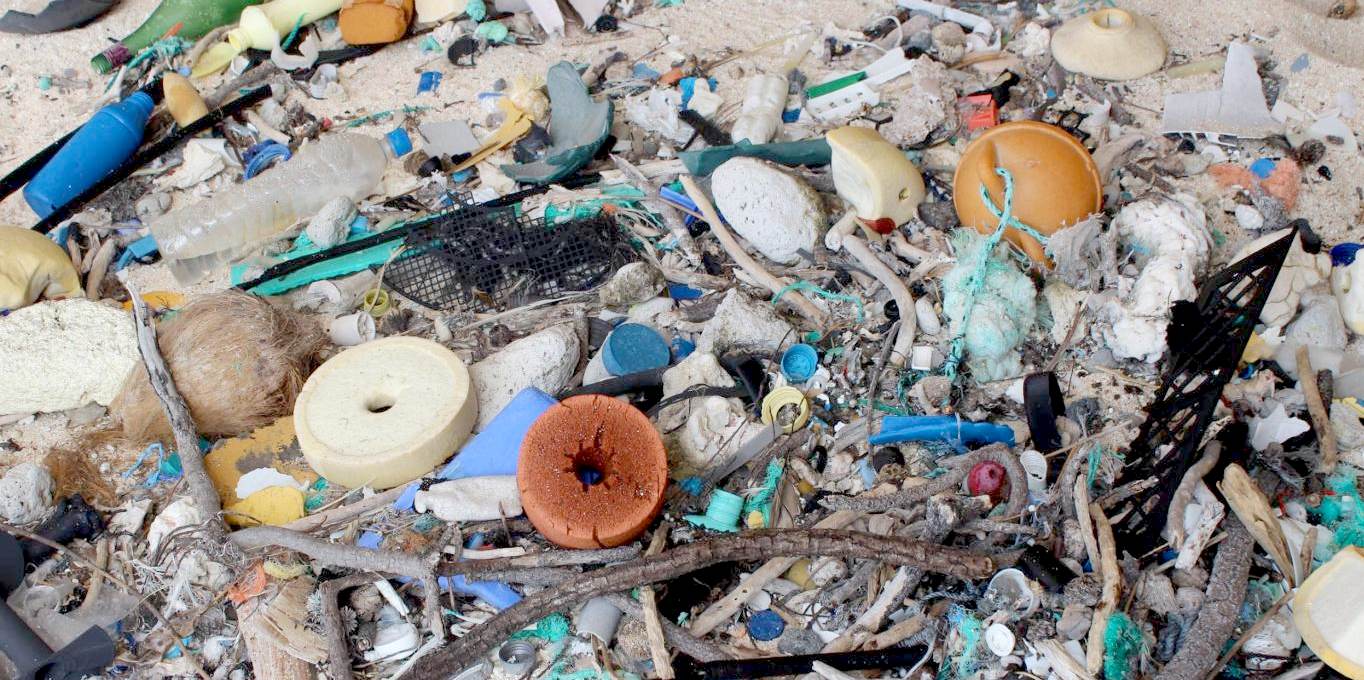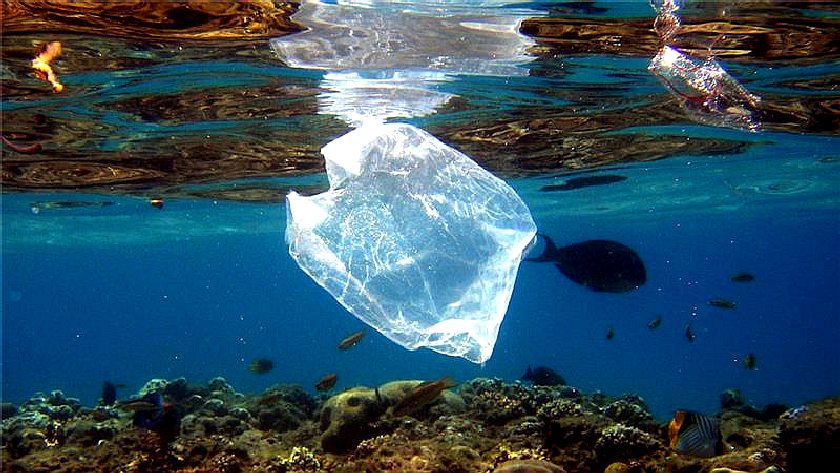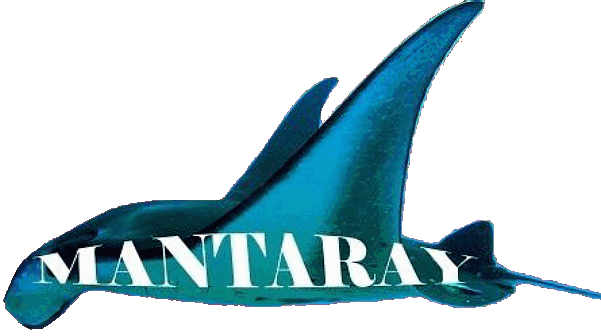|
WHAT IS OCEAN LITERACY?
|
|
AWARENESS CAMPAIGN - Kulo Luna is a giant humpback whale that gets caught in ghost fishing nets. John Storm is an ocean adventurer who abandons a race to cut the whale free. In the process, braving a hungry bevy of great white sharks who are circling the trapped whale..
We all know that there are oceans and seas and marvel at their beauty from time to time, and almost all of the people on planet earth have enjoyed a seafood meal at some point in the lives.
But how much do you or your company know about our oceans?
When you pop down to your local supermarket to buy groceries, you take it for granted that the suppliers of your favorite brands have thought about where their packaging ends up.
You get home to unpack the weekly shop and throw the packaging into your bin for the bin men to pick up about once a week.
That's it for most of us. We think that our responsibility ends there - and so it should.
The plain fact is that suppliers of our most enjoyed products use disposable, or single use plastic because it is economical, keeps food fresher for longer and makes their brands attractive to their customers. For example, meats are visible for easy selection and necessary in supermarket situations where conventional butchers shops with meat on open display are rare.
Given the current legislative state, the only reason for corporations to want to change is ethics. Not only would corporate bosses want to do something about pollution, but shoppers would also want that - if only they knew about the harm that plastic packaging is doing to marine life.
So it is that just by explaining about responsible recycling at specific events in the UK, this could make all the difference. Especially when allied to our underwater virtual reality experience.
If plastic is recycled responsibly at home the plastic footprint of the United Kingdom could set an example to other countries who might then adopt a similar approach. We hope to be able to lead by example.
THE INDEPENDENT HENDERSON ISLAND - Beaches of a remote British island in the South Pacific are littered with an estimated 37.7 million pieces of plastic according to an article in the Independent newspaper. If the producers of all this plastic were ocean literate, as responsible corporations they may well have built in a method of ensuring that such pollution would be less likely.
ACIDIFICATION
It does not stop there. Plastic is just one example of the harm we are doing to our environment. Burning fossil fuels is another because it leads to acid rains and a change in ocean chemistry.
Climate change is, of course, a whole other can of worms that is just now starting to be taken seriously by policy makers in most informed countries.
OVER FISHING
Factory ships that use huge trawl nets that damage the sea floor, take too many fish and leave nets behind, is another example of harm that we are doing to our oceans, contrary to sustainable practices.
All these issue and more are part of what we call being "Ocean Literate."
Once corporations become more ocean literate, we feel sure that they will want to help us and other organizations with similar objectives to start to put things right - and that is where the Miss Ocean "awareness" event comes in.
BLUE GROWTH
Blue growth is essential for a healthy economy and to keep pace with the growth in population.
|
|
This webpage is copyright © Cleaner Ocean Foundation Ltd (Company No: 4674774) 2025, Solar Studios, BN271RF, United Kingdom. The names AmphiMax™, SeaVax™, Miss Ocean™ and RiverVax™ are trade marks of the Cleaner Oceans Foundation or used under license by the Foundation..
|





